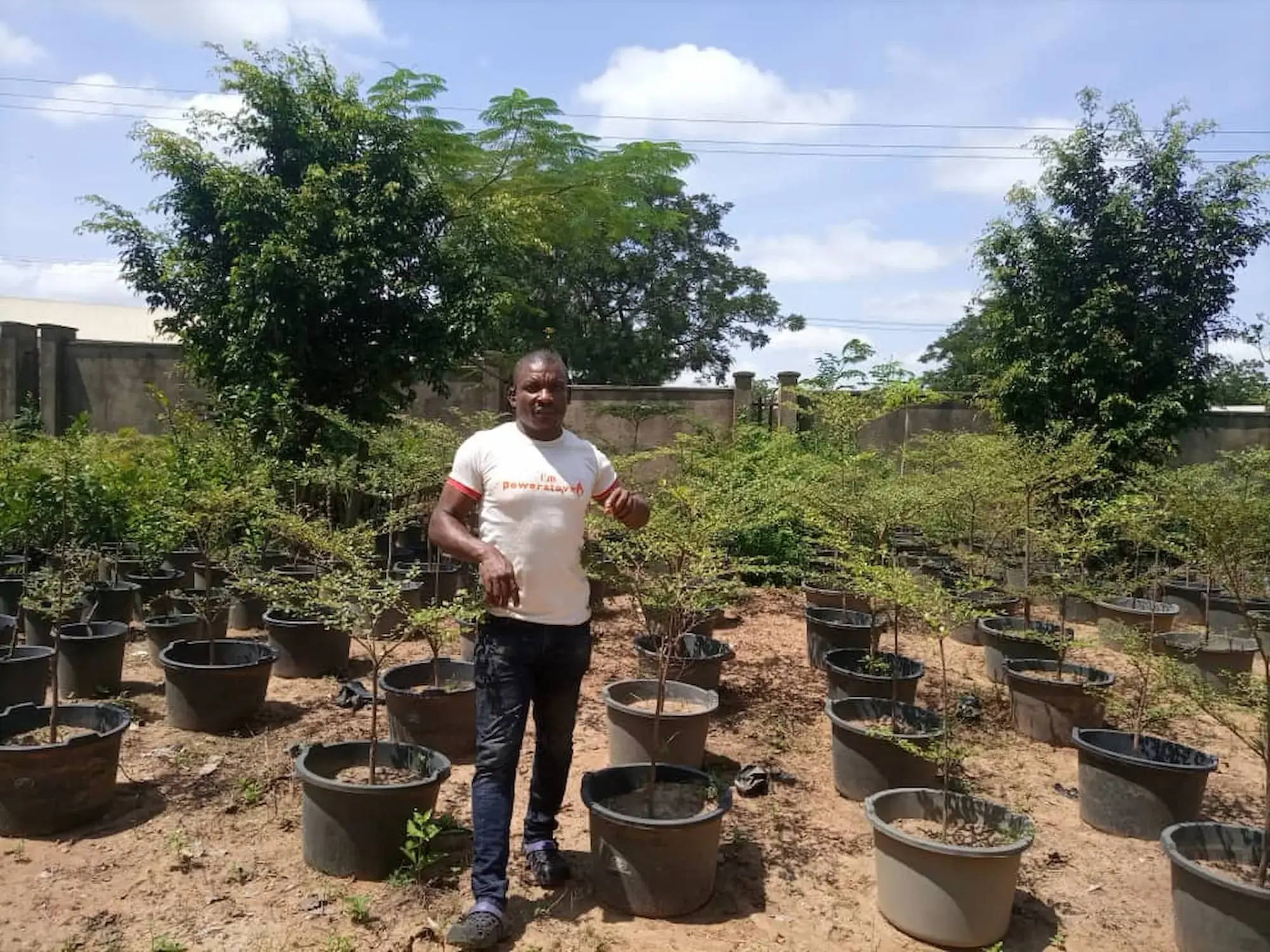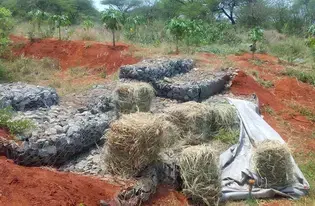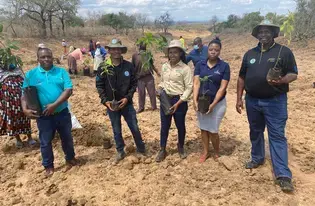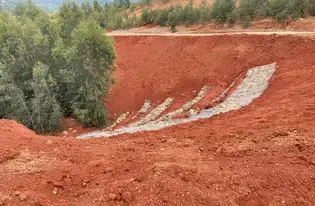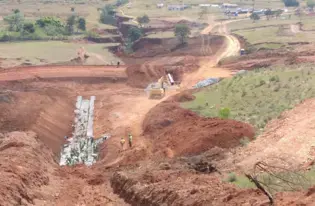To reduce the impact of climate change and improve community livelihoods, Powerstove Energy has introduced Goodlife Biomass Pellets. Today, families are changing the way they cook with benefits that go beyond the kitchen.
The spread of massive gullies across Nigeria is extracting a heavy toll on communities. Unsustainable farming methods, deforestation, mining exploration, and expanding human settlements are all to blame. The result is the loss of fertile farmland, which is reducing food production. As erosion makes valuable land unusable, many farmers are forced to move to the country’s crowded cities.
To protect Nigeria’s farmland, Powerstove Energy is working to reduce deforestation and store landscapes across the country through clean cooking technologies. Powerstove Energy is a Nigerian energy company founded in 2018 with a mission to design and manufacture smart and clean cooking solutions that prevent deforestation. The company manufactures “Goodlife Biomass Pellets” that are made from farm waste.
The company aims to replace polluting cooking fuels, especially charcoal and firewood, with safe, clean and renewable energy. As part of these efforts, Powerstove trains communities on environmental protection, with a focus on how reducing deforestation can improve livelihoods. Goodlife Biomass Pellets are 80% cheaper than other energy alternatives. This allows households to save money. The company also practices agroforestry by encouraging local farmers to plant trees and reforest land devastated by decades of deforestation.
Powerstove is also addressing malnutrition. In many households, food is poorly prepared because of insufficient and polluting cooking fuel, which causes indoor air pollution. Young children are particularly affected. Powerstove empowers and works closely with women. Today, 90% of the community members involved in their projects are women because they are the most likely to use biomass pellets for cooking. Production of the pellets involves turning waste to energy, and women are the main suppliers of the raw materials, especially agricultural waste. This helps them earn additional income. Apart from empowering women, Powerstove Energy also supports other development activities, such as renovating local schools, to gather the support of the local community.
By involving local people throughout the entire value chain, the project has scaled up quickly. The more the community is involved, the more they benefit. To date, the company has worked with more than 300,000 people, and the number is growing every day. “In the three months I have used Powerstove, I have saved N27,000 on cooking fuel, which has helped me to save money and be able to pay for my children’s school fees,” says Ugwunwa Ebi Okere, a Powerstove beneficiary.
Over the last four years, the company has planted 7,000 trees and seen more than 70,000 users adopt clean cookstoves and its pellets. Through ongoing partnerships with local horticulturists, Powerstove will offer or sell seedlings as part of its goal to plant 60,000 trees by early 2023.
“We look forward to more partnerships, because we have already proven that this clean energy system works. We are looking at extending our partnerships in Kenya and South Africa, putting at heart a continuous collaboration with the community and the government to accelerate the use of clean and efficient energy,” says Okey Esse, Founder and Chief Executive Officer of Powerstove Energy.
Powerstove Energy plans to scale up the use of Good Life Biomass pellets to promote environment-friendly energy consumption across Nigeria. With a low-interest loan from TerraFund for AFR100, an initiative of World Resources Institute, One Tree Planted, and Realize Impact that finances Africa's top restoration enterprises and projects, Powerstove Energy will create hundreds of new jobs and set up a carbon payment system that can boost incomes for its customers.
Powerstove Energy demonstrates that by investing in new technologies, landscape restoration can not only improve living standards but also promote sustainable energy production and use, representing a win-win for both people and nature.
